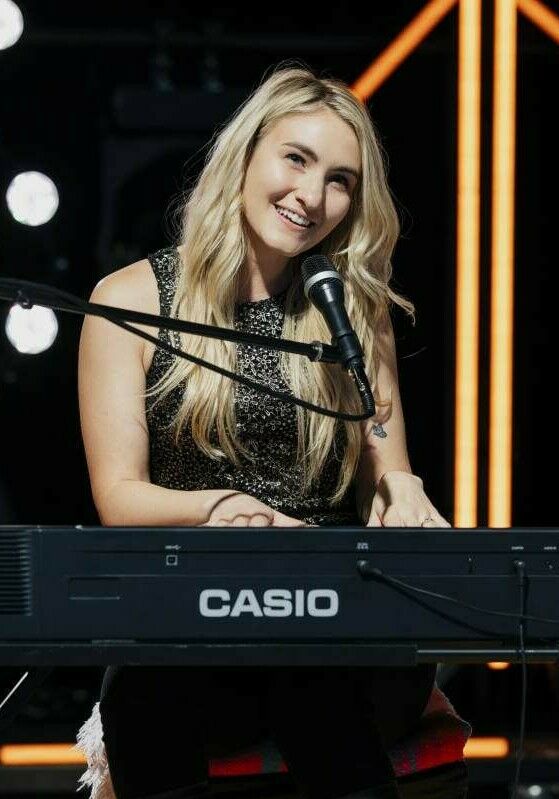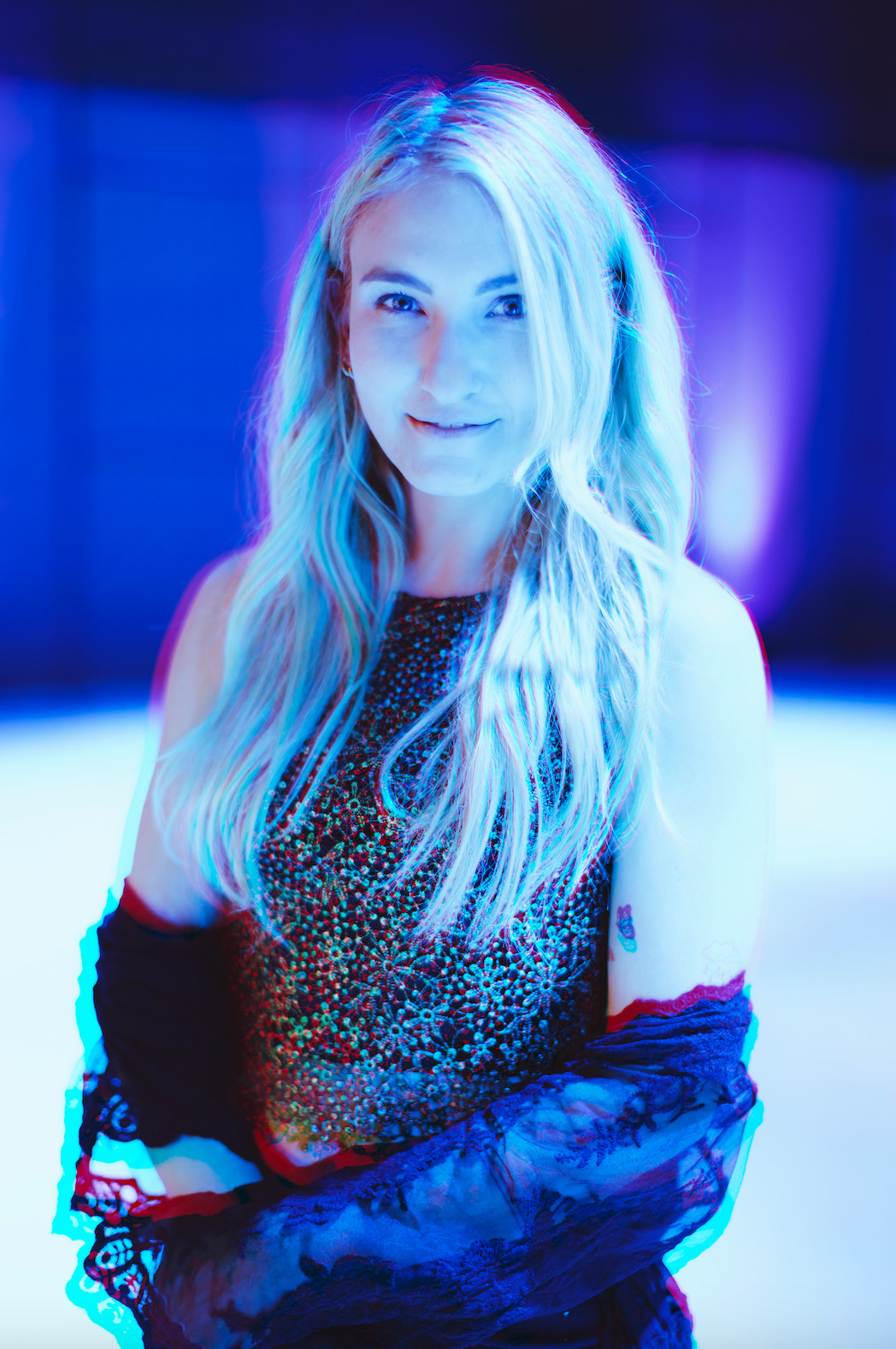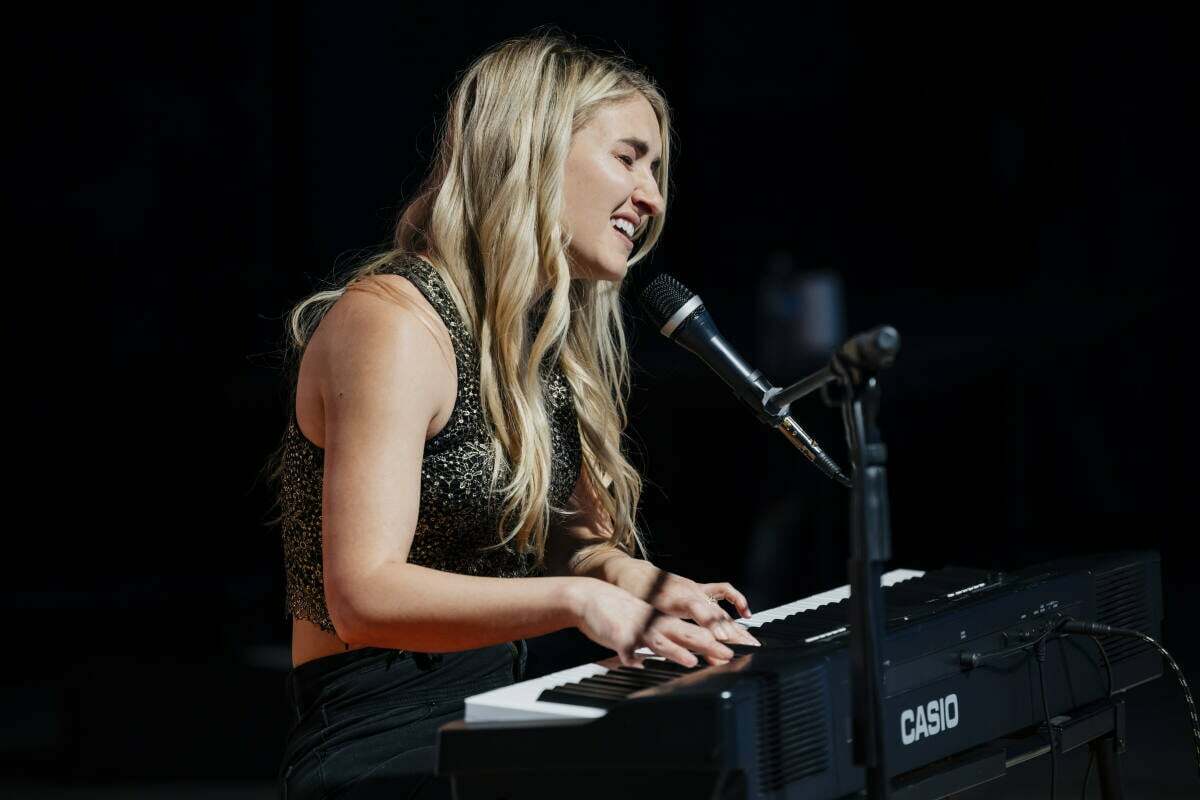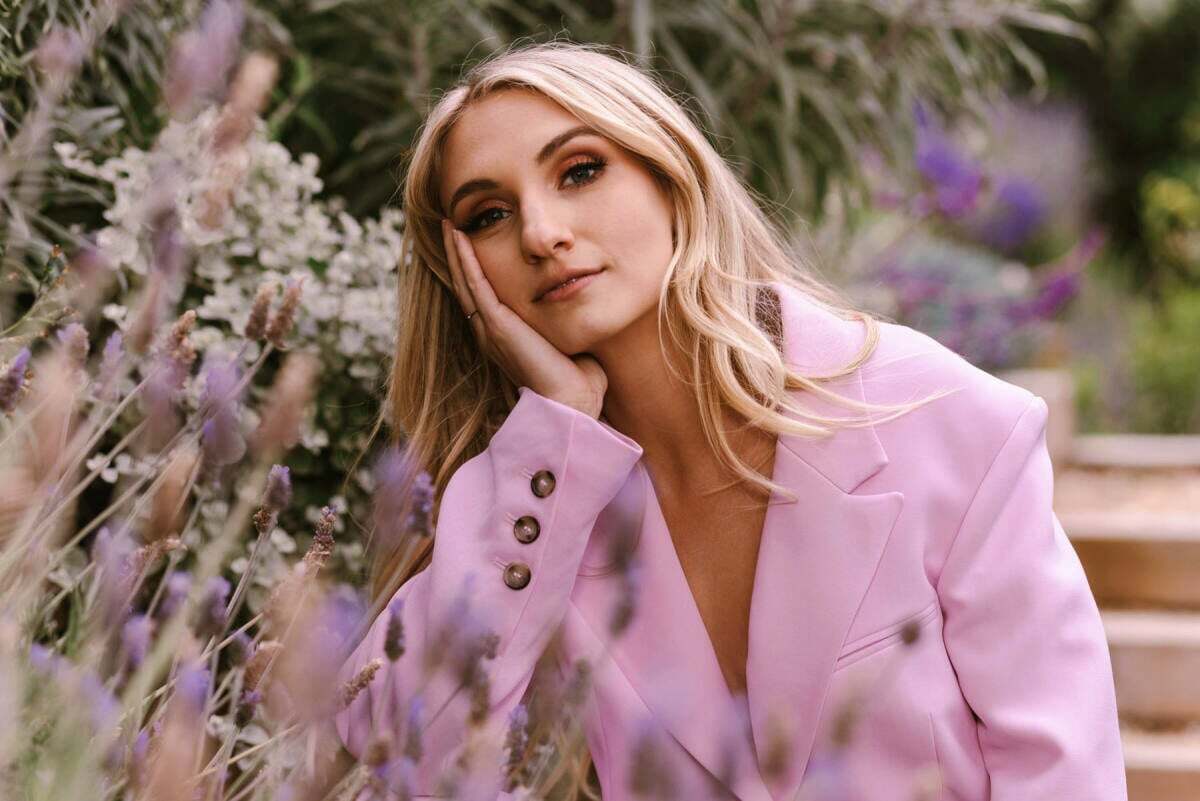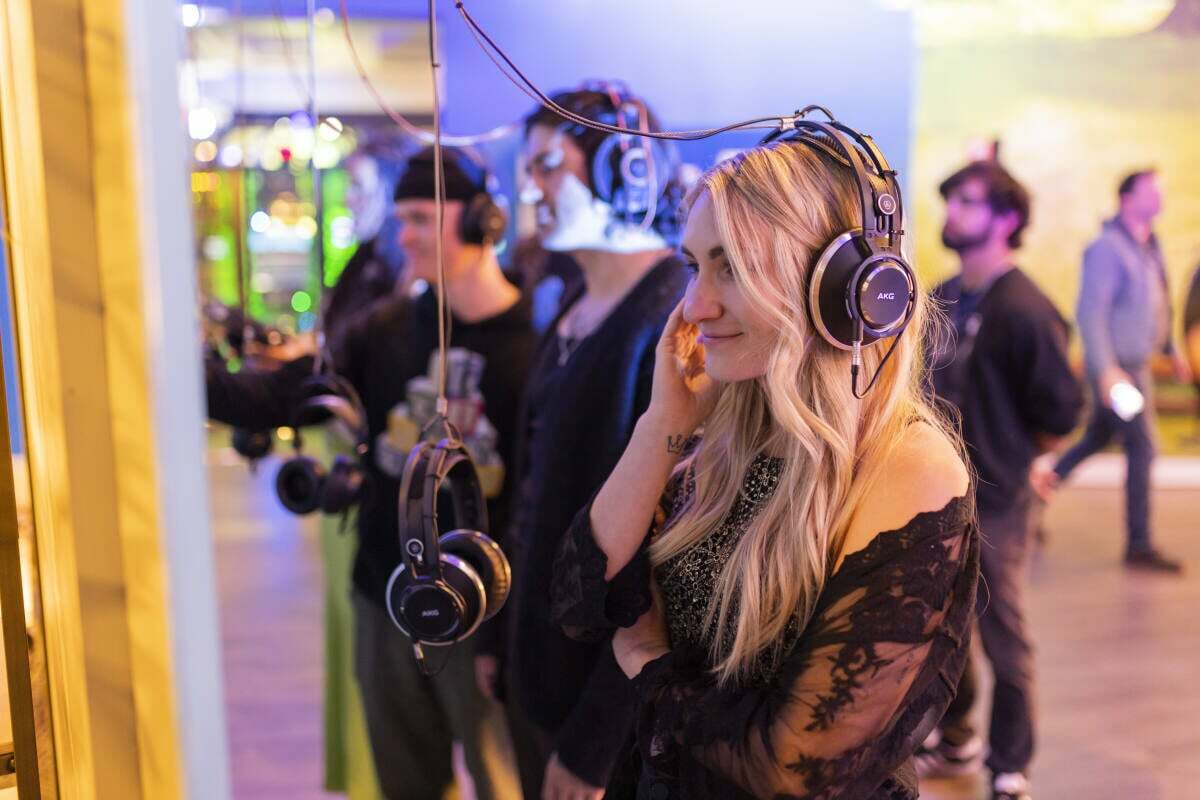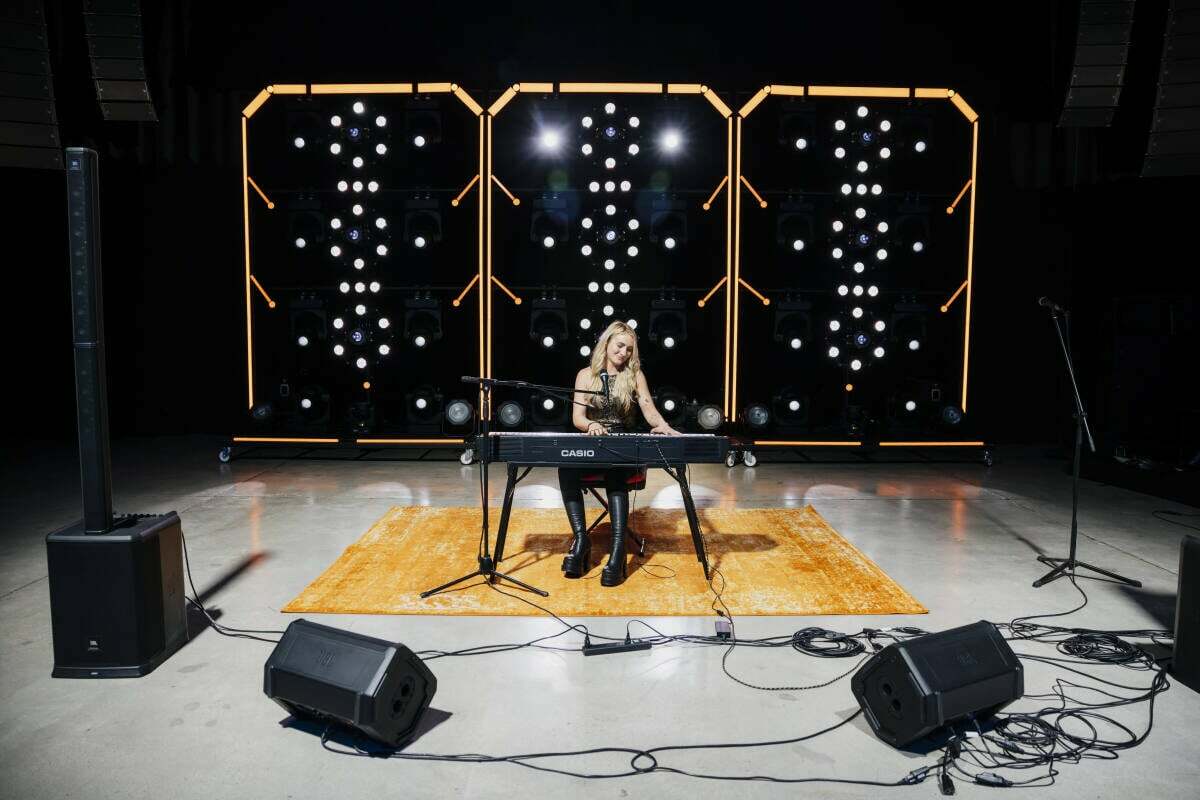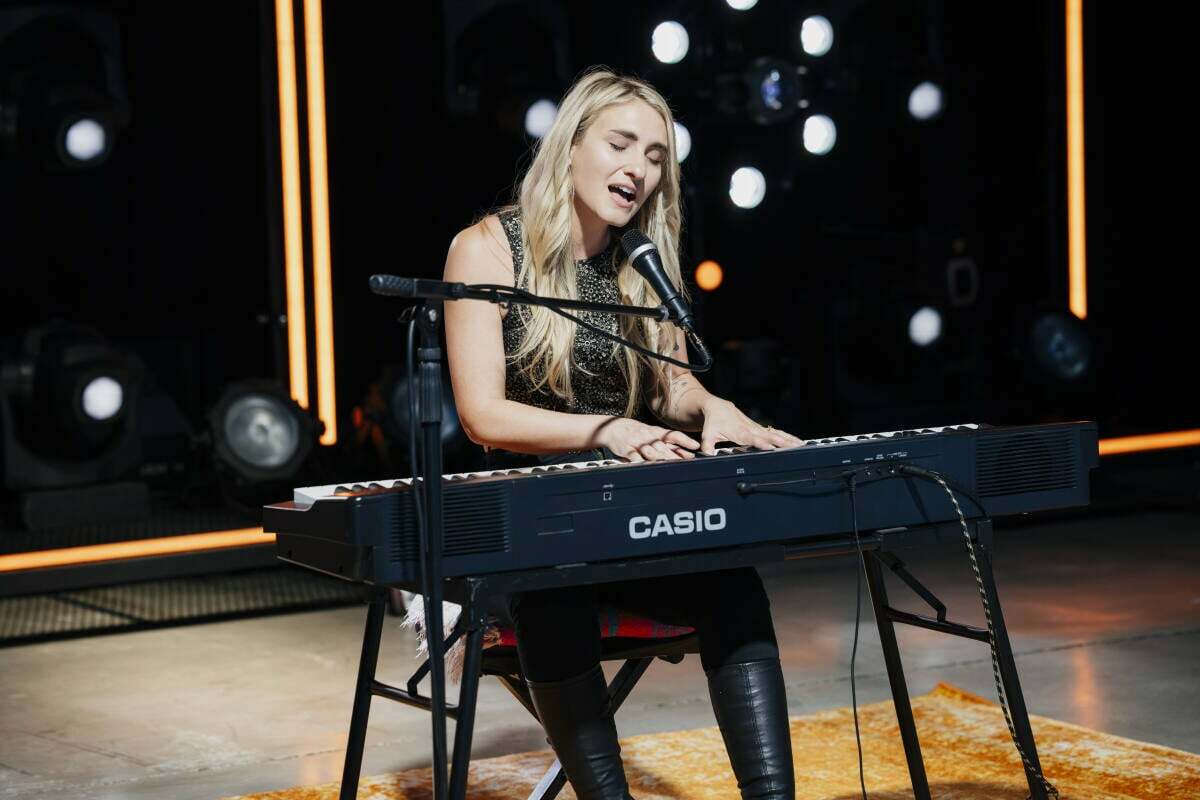In this Emerging Headliner interview powered by JBL, L.A.-based singer songwriter Linney explains why being considered too musical theatre for one college and too pop for another led her to find her voice as an unlikely EDM star.
For an artist that had no intention of conquering the world of EDM, Linney has certainly been making waves across the dance scene. Her tracks have been featured on Riverdale, Netflix’s Chilling Adventures of Sabrina, Ghosted: Love Gone Missing on MTV and in Fortnite. You’ll also find her collabs and projects in heavy rotation on Sirius XM BPM and Spotify, where she now boasts over 12 million listeners – with 42 million streams and counting…
In this candid interview conducted at the Harman Experience Center in Los Angeles, Linney delves into the meaning behind her new uplifting single, One More Day – a personal ode to her father about living life to the fullest.
